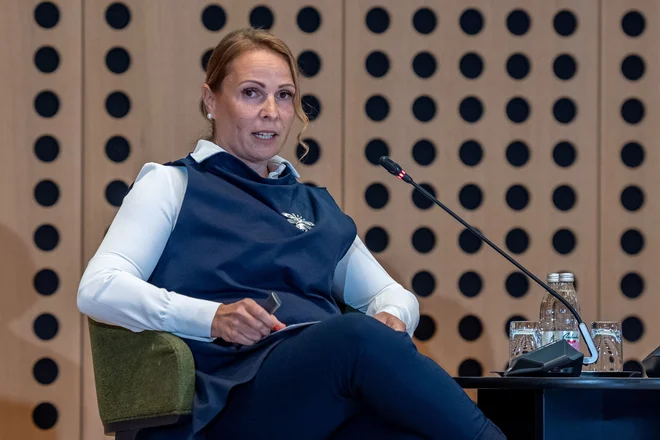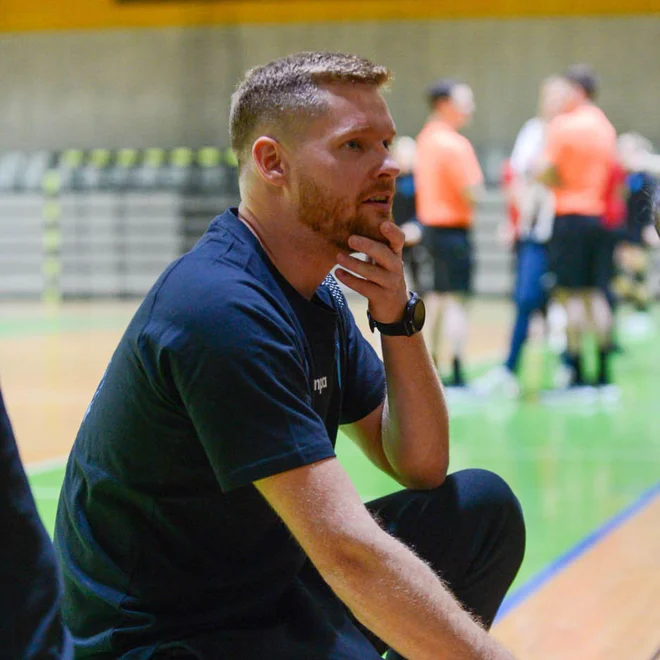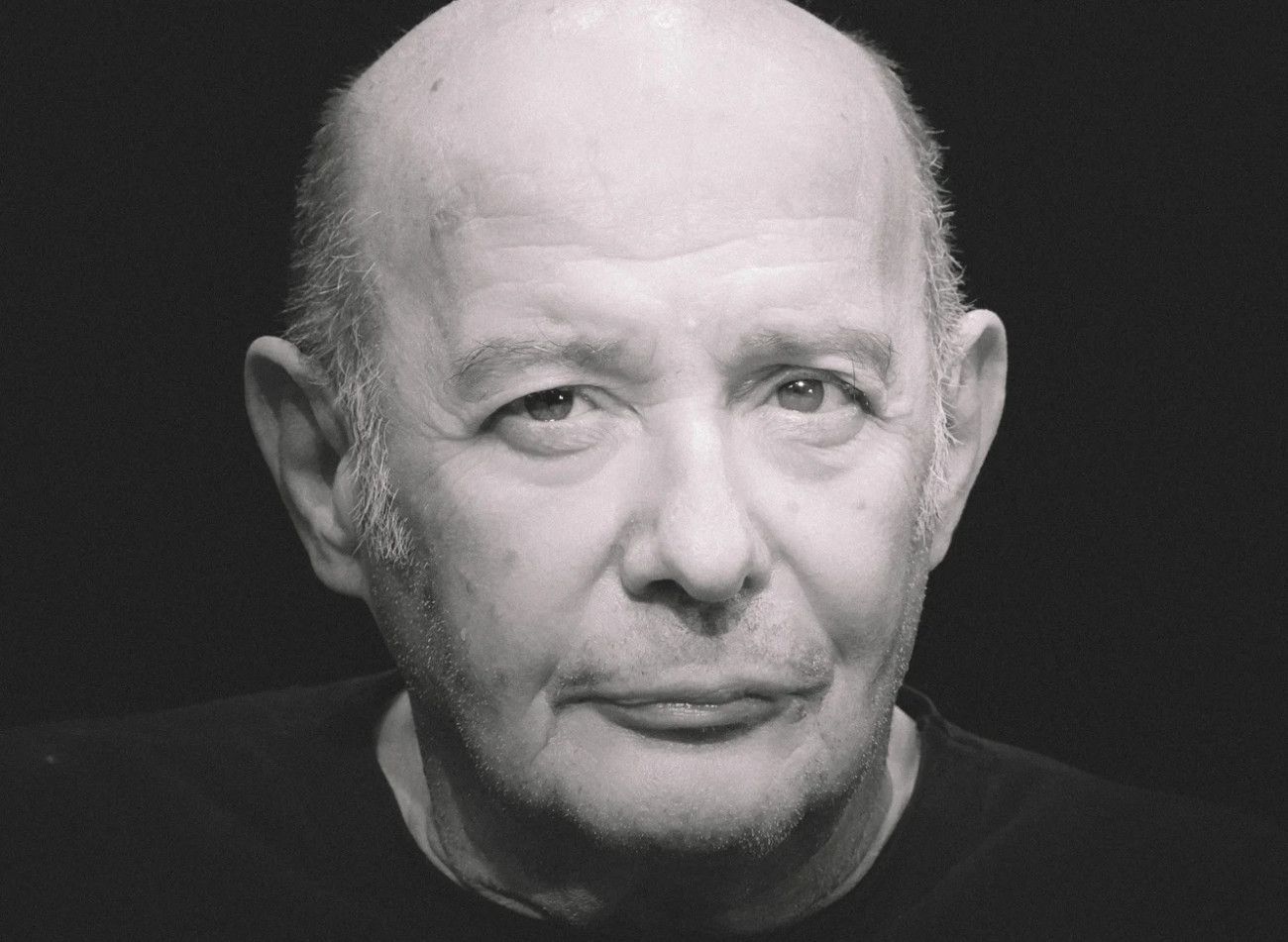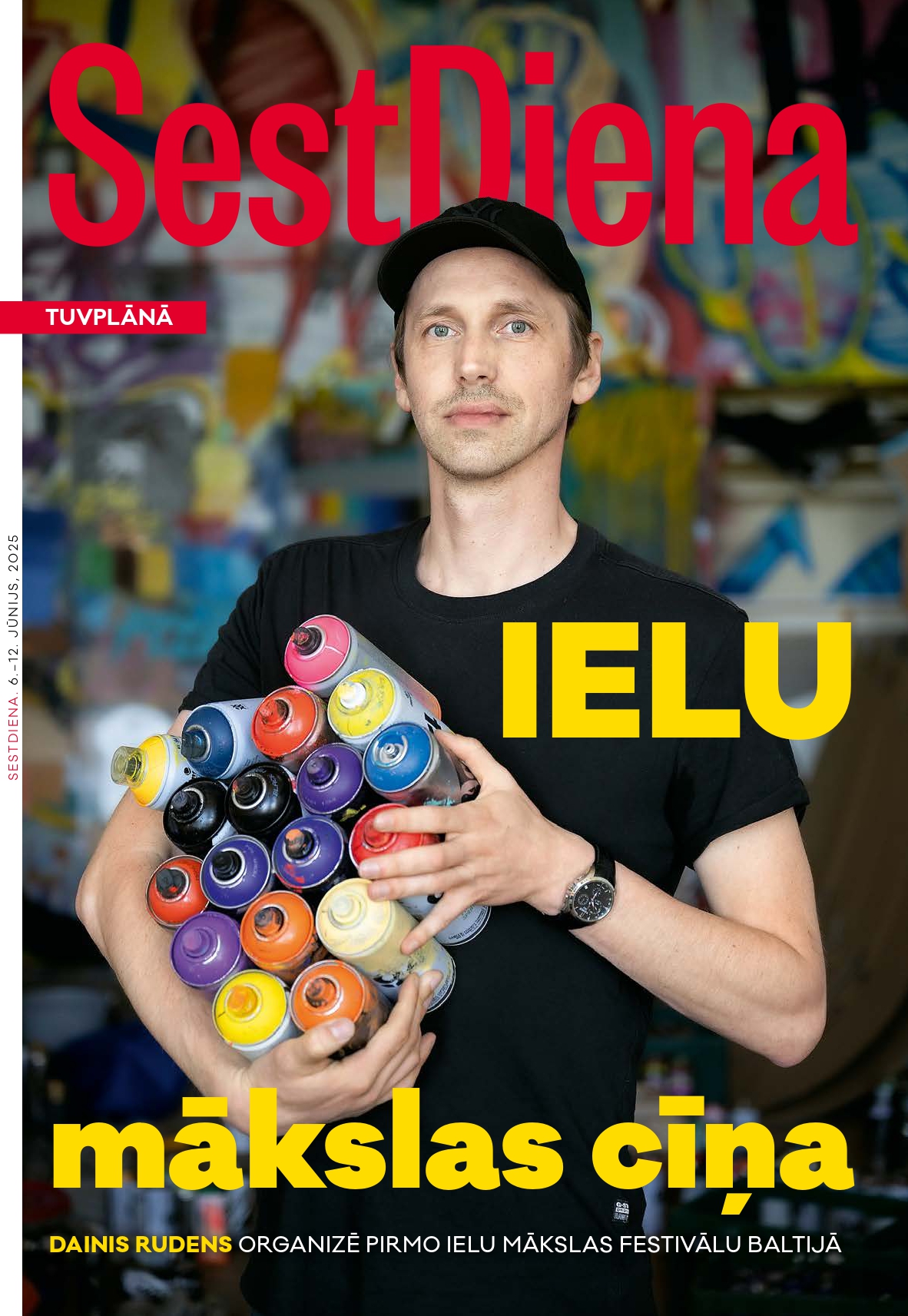Due to the spread of hatred, misinformation and abuse of children, blocked Facebook
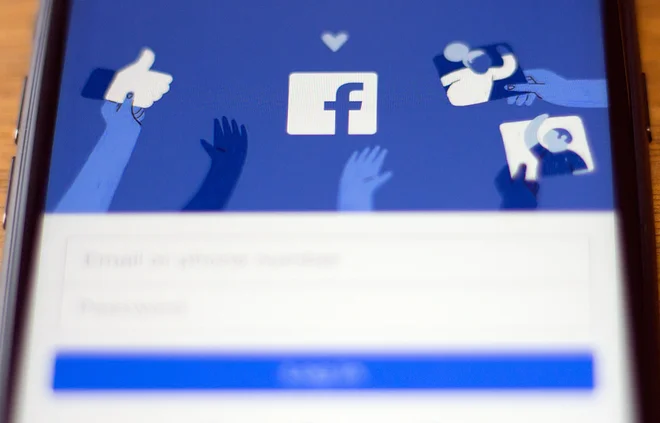
Earlier this week, Papua New Guinea has unannounced impossible to access Facebook – the most popular social platform in the country. According to the Minister of Police Petra Tsiamalilia It is a « test » to limit the spread of hate speech, false information, pornography and other harmful content, reports Australian ABC.
The blockade continues today, but it is not known when it will last. Not even the Papuan media is convinced of this.
Minister Tsiamalili explained that the test is based on the provisions of the recently adopted Terrorism Prevention Act, which gives the police a broad powers to act in case of online threats, writes Pacific Local Journalism Network. According to him, the goal of the action is not to suppress freedom of speech, but to protect citizens from content that threatens « security, dignity and well -being of society, » writes ABC.
« We do not try to suppress free expression, but it is an uncontrolled spread of hatred, misinformation, child abuse and pornography on platforms such as Facebook, » said Tsiamalili.
A key platform for public debate
Facebook is a central platform for public debate in Papua New Guinea. It is used by about 1.3 million people, representing half of all internet users in the country. By comparison: Instagram has only about 106,000 users, writes Rnz.
Facebook is a central platform for public debate in Papua New Guinea. Photo: Alastair Pike/AFP
That is why the blockade was all the more shocking, as it was not announced in advance, nor was it aligned with all the competent authorities. The National Information Communication Technology Agency (NICTA), which is one of the key institutions in this area, has publicly admitted that it had not been informed about the test.
“Public trust in digital management is based on transparency. If we want residents to believe in our actions, they must be harmonized and understood, « said Nicta director Kilakupa gulo-vui. He added that the Agency would discuss this measure with the Minister of ICT, as it wants to ensure that the future steps are more aligned with the entire digital strategy of the country, adds Rnz.
The measure encountered a sharp opposition to the opposition and media organizations. MP and Governor of the Province East Sepik Allan Bird claimed that the new law on terrorism gives the police minister almost unlimited powers. “In parliament, I have warned that the law is too wide and allows for abuse. We witnessed the first step yesterday – the blockages of Facebook. What is following? ”He wrote a Bird on Facebook.
President of the Media Council Papue New Guinea Neville Choi described the measure as « human rights abuse » and pointed to the danger of political autocracy, writes ABC. Critics also come from a civil society, pointing out that such measures can lead to permanent censorship.
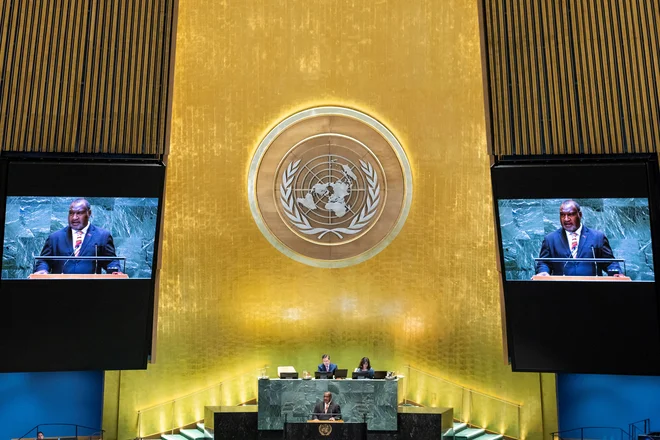
The Papuan government insists that the measure is essential for the protection of residents from hostile speech and misinformation, which, according to power, also influenced the rise of violence, including severe interly interconnected conflicts, writes the RNZ. Photo: Eduardo Munoz/Reuters
Social network users responded quickly to the blockage – they began to transmit VPN applications massively, thus bypassing the state ban. Posts from « Poland », « Germany » and « Singapore » began to appear on Facebook, stating that users sarcastically reported that censorship was not working.
Fight against damage – but what price?
Facebook blockage also has serious economic consequences. President of Small and Medium Business Agency John Pore He noted that a large part of an informal economy – from the sellers of used vehicles to smaller retailers – depends on the online presence. “Hundreds of thousands of people use Facebook for everyday survival. For them this measure is not an experiment but a serious threat, « he told ABC.
The Papuan government insists that the measure is essential for the protection of residents from hostile speech and misinformation, which, according to power, also influenced the rise of violence, including severe interconnected conflicts, writes Rnz. But many domestic and international observers warn that too general laws and vague powers can lead to abuse. Critics point out that similar measures could soon be used to silence political opponents or journalists.
Papua New Guinea is not the first country in the region to decide to restrict Facebook – the Solomon Islands thought about a similar move in 2021, but after a tumultuous response, the public was abandoned.

